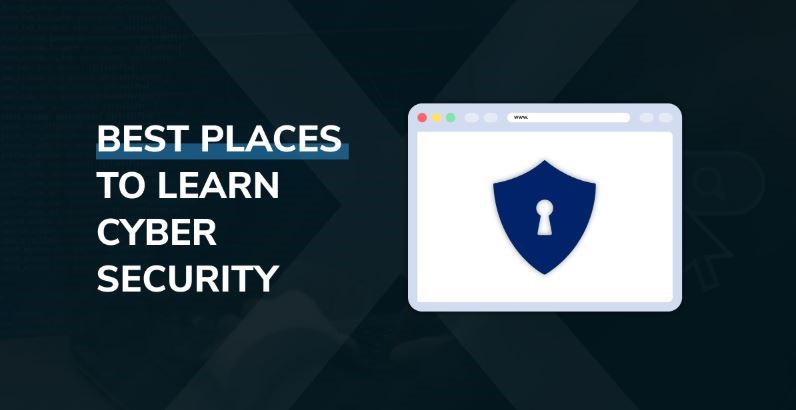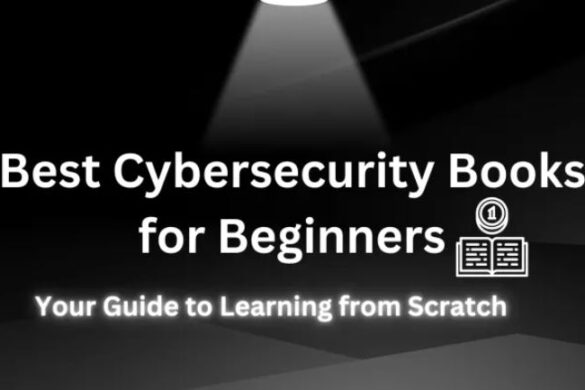With the increasing reliance on digital systems and advanced technologies, cybersecurity has become one of the most in-demand fields. Continuous learning from reliable sources is essential for developing skills in this domain. Below is a list of the best resources for learning cybersecurity, including online platforms, courses, books, and interactive communities.
1. Udemy
Udemy is one of the most popular online learning platforms, offering a wide range of cybersecurity courses. It provides beginner to advanced-level training, making it suitable for all skill levels.
- Key Features:
- Interactive video lessons.
- Certificates of completion.
- Continuously updated content based on industry trends.
2. Coursera
Coursera partners with top universities like Stanford and the University of Michigan to provide high-quality cybersecurity courses.
- Topics Covered:
- Cybersecurity fundamentals.
- Risk analysis and security threats.
- Cryptography and its applications.
3. Cybrary
Cybrary focuses exclusively on cybersecurity training, offering both free and paid courses in penetration testing, incident response, and risk management.
- Key Features:
- Free educational content.
- Virtual labs for hands-on practice.
- Recognized certifications in the job market.
4. SANS Institute
SANS is a globally recognized institute offering cybersecurity training and certifications such as GSEC, GCIH, and GCFA.
- Why Choose SANS?
- Industry-leading instructors.
- Advanced hands-on cybersecurity labs.
- Comprehensive courses for professionals.
5. OWASP (Open Web Application Security Project)
OWASP is an open-source initiative that provides resources for web security, including best practices and vulnerability assessments.
- Key Offerings:
- The OWASP Top 10, listing the most critical web vulnerabilities.
- Free security tools and documentation.
- Active community for web application security discussions.
6. Kali Linux
Kali Linux is a Linux-based penetration testing platform widely used by cybersecurity professionals.
- Why Learn Kali Linux?
- Pre-installed with numerous ethical hacking tools.
- Ideal for practical penetration testing and security assessments.
- Used by both beginners and professionals.
7. Reddit & StackExchange
Online communities like Reddit and StackExchange are valuable for real-world cybersecurity discussions and troubleshooting.
- Top Communities:
- r/netsec on Reddit for cybersecurity discussions.
- Security StackExchange for technical Q&A.
8. Must-Read Cybersecurity Books
Books provide in-depth theoretical knowledge and practical insights. Some top recommendations include:
- “The Web Application Hacker’s Handbook” – Dafydd Stuttard.
- “Metasploit: The Penetration Tester’s Guide” – David Kennedy.
- “Hacking: The Art of Exploitation” – Jon Erickson.
Conclusion
Learning cybersecurity requires continuous study and practical application. Whether you’re a beginner or an advanced professional, using a combination of online courses, books, tools, and interactive communities can help you develop a well-rounded understanding of cybersecurity. Staying updated and applying knowledge in real-world scenarios is key to mastering this field.
Source: Read the original article on Matrix219.Net: Learn Cybersecurity Basics





